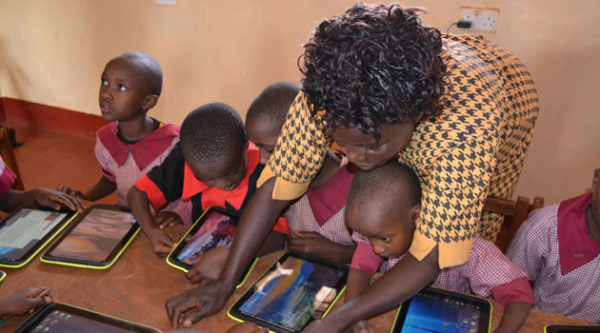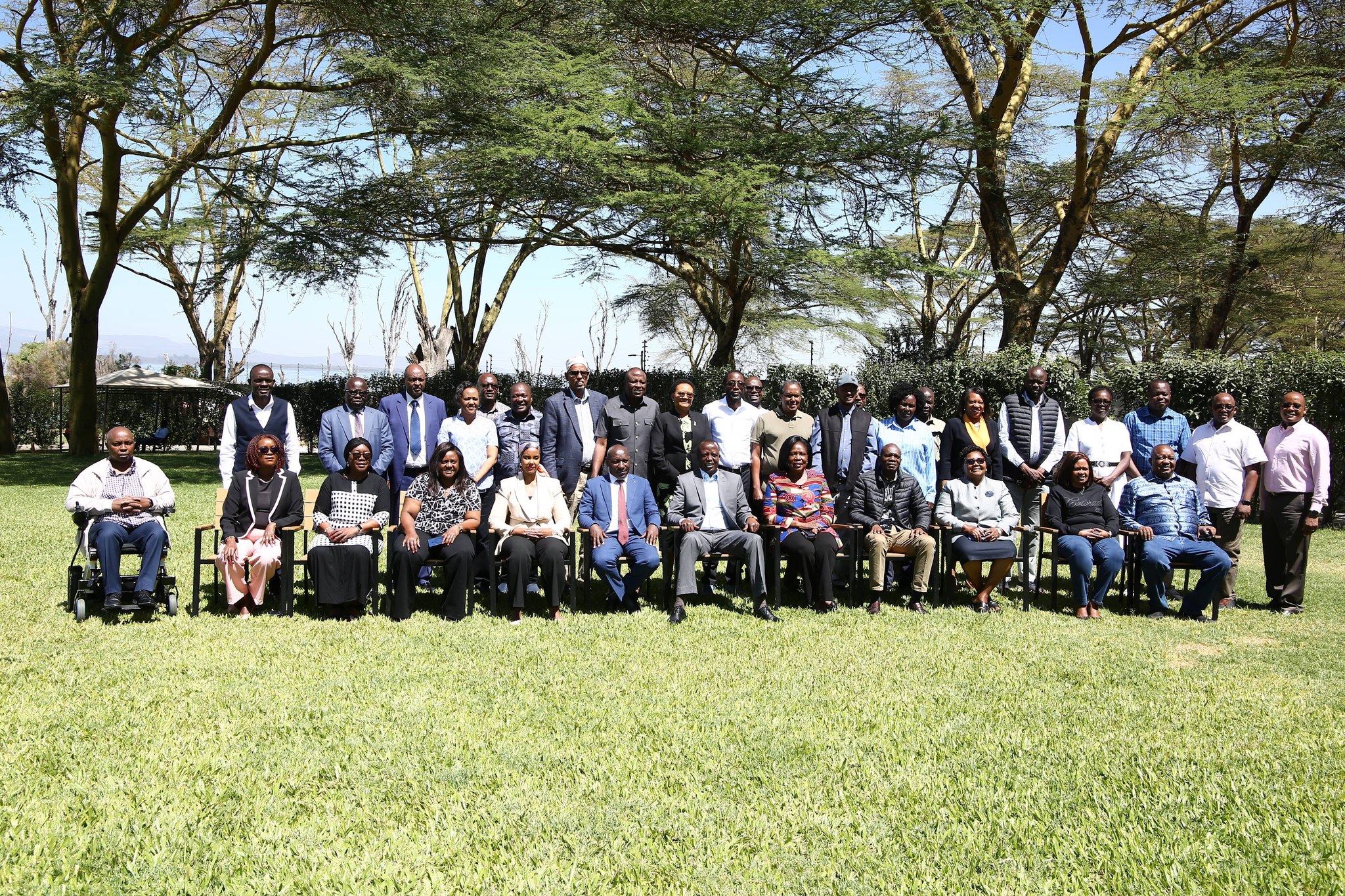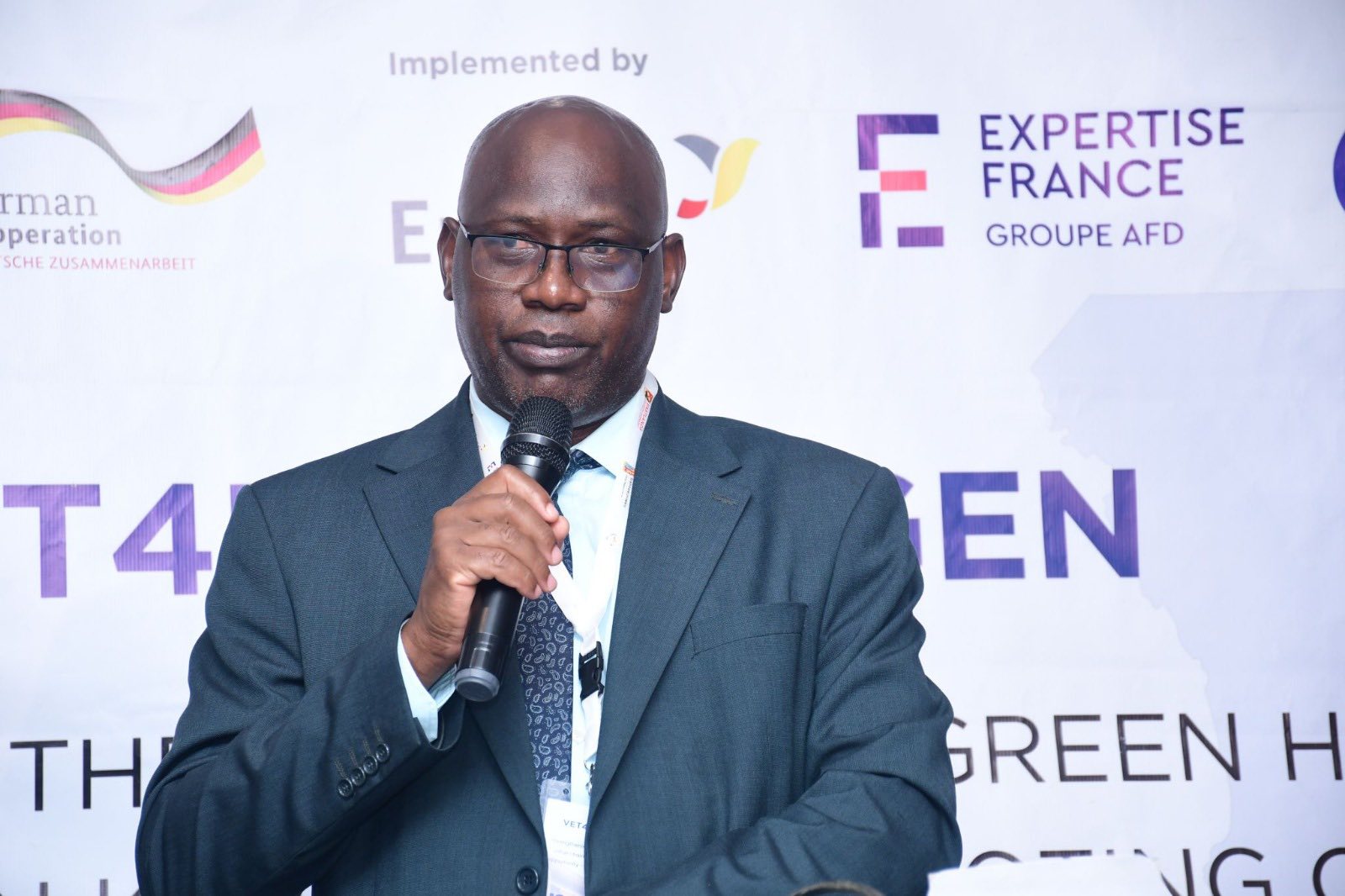As the world marks another World Teachers’ Day, the celebration feels both joyous and unsettling. Joyous, because teachers remain the architects of civilisation; alarming, because the foundations of their craft are shifting beneath their feet. Artificial Intelligence, once a futuristic idea confined to research labs, is now rewriting the story of teaching and learning. In Kenya and across Africa, this technological wave has quietly entered the classroom, raising fundamental questions about what it means to teach, to learn, and even to think.
Until recently, education was built on a simple principle: knowledge flowed from teacher to learner through explanation, discussion, and practice. Today, that flow has been interrupted by algorithms that can summarise, translate, compose, and even teach. AI chatbots, learning platforms, and automated assessment tools now perform functions that once demanded hours of preparation and human intuition. A Kenyan student in Gatundu or Garissa can now ask an AI tutor to explain a poem by Wordsworth, analyse a mathematical problem, or even write an essay on climate change in perfect English. In seconds, the machine delivers what once required deep engagement and patient mentorship.
This new convenience, however, conceals a profound danger. When learning becomes effortless, the discipline of thinking can wither. Proper education has never been about having the correct answers but about wrestling with uncertainty, developing judgment, and learning the slow art of reasoning. Artificial Intelligence, in its eagerness to please, can short-circuit that process. It provides certainty without struggle, fluency without understanding, and confidence without accountability. The risk, as the CGTN article warns, is the creation of a generation that knows a great deal but understands very little.
For teachers, the dilemma is both moral and professional in nature. AI promises relief from repetitive tasks such as marking, lesson planning, and grading. It can generate schemes of work, create teaching aids, and translate complex content into learner-friendly formats. But it can also erode the teacher’s authority as the trusted source of knowledge. When a student believes ChatGPT or another AI model more than their teacher, the traditional classroom hierarchy collapses. The teacher’s role must therefore evolve from that of an information dispenser to that of a mentor, guide, and moral compass in a world awash with data.
The challenge is not unique to Kenya. Globally, educators are grappling with similar anxieties: how to integrate AI without losing the essence of education. Yet in Africa, where educational inequality remains stark, the stakes are higher. AI has the potential to democratise learning by reaching marginalised learners – those in refugee camps, informal settlements, or remote areas with limited access to qualified teachers. With a single smartphone, a learner can access vast libraries, simulated experiments and multilingual tutors. But this access comes with caveats. Most AI tools are trained on Western data, shaped by Western assumptions, and often insensitive to local contexts. When a Kenyan learner uses AI, the knowledge they receive may subtly displace indigenous wisdom, regional literature, and African worldviews. The classroom risks becoming another frontier of digital colonisation.
The answer, therefore, is not to resist AI but to domesticate it — to ensure it serves African learners rather than erases their identity. Kenyan educators can begin by utilising AI to enhance, rather than replace, human interaction. Teachers can encourage students to use AI as a brainstorming tool, then evaluate and critique its responses. Learners can be asked to verify facts, identify biases, or expand on AI-generated content through local examples. Such exercises not only promote critical thinking but also teach digital literacy—an essential skill in the 21st century.
READ ALSO:
Mandera hotel explosion leaves three seriously injured, community shaken
Policy makers, too, must move with urgency. The Ministry of Education, the Teachers Service Commission, and curriculum developers at KICD must start crafting guidelines on responsible AI use in schools. If AI is allowed to enter the classroom without a moral compass, it may deepen inequalities rather than bridge them. Schools with better internet access and devices will thrive, while those in rural counties will remain trapped in analogue systems. Data privacy, misinformation, and intellectual theft are other looming dangers. Without policy safeguards, Kenya risks producing learners who can generate answers but cannot verify truth, who can paraphrase wisdom but cannot create it.
For teachers, adaptation must be both professional and philosophical. They must reclaim their place as the custodians of curiosity—the human element that machines cannot replicate. AI can simulate conversation, but it cannot inspire genuine human interaction. It can grade essays, but it cannot notice the trembling confidence of a child discovering their voice. It can teach formulas, but not moral courage. The classroom of the future must therefore be a partnership between machine efficiency and human empathy. Teachers will not disappear; they will redefine themselves as interpreters of meaning in an age of mechanical knowledge.
On this World Teachers’ Day, celebrating teachers is no longer just about honouring the past; it is about securing the future. The chalkboard and the chatbot must coexist, not compete. The teacher must learn the language of AI without surrendering the poetry of teaching. The learner must be taught not only how to use technology but also how to question it critically. Kenya’s Competency-Based Curriculum, which emphasises creativity, collaboration, and critical thinking, offers a good starting point. If integrated wisely, AI could actually strengthen CBC’s goals by providing personalised learning while freeing teachers to focus on mentoring and exploration.
The age of AI is here, whether schools are ready or not. It will reward those who see beyond fear and use it as a mirror to re-imagine education. Machines can process information, but only humans can turn it into wisdom. As we celebrate the men and women who dedicate their lives to shaping young minds, we must also challenge them to embrace a new mission: teaching humanity how to stay human in the age of intelligent machines. The true teacher of the future will not compete with AI; they will teach us how to think beyond it.
By Ashford Kimani
Ashford teaches English and Literature in Gatundu North Sub-county and serves as Dean of Studies.
You can also follow our social media pages on Twitter: Education News KE and Facebook: Education News Newspaper for timely updates.
>>> Click here to stay up-to-date with trending regional stories
>>> Click here to read more informed opinions on the country’s education landscape






